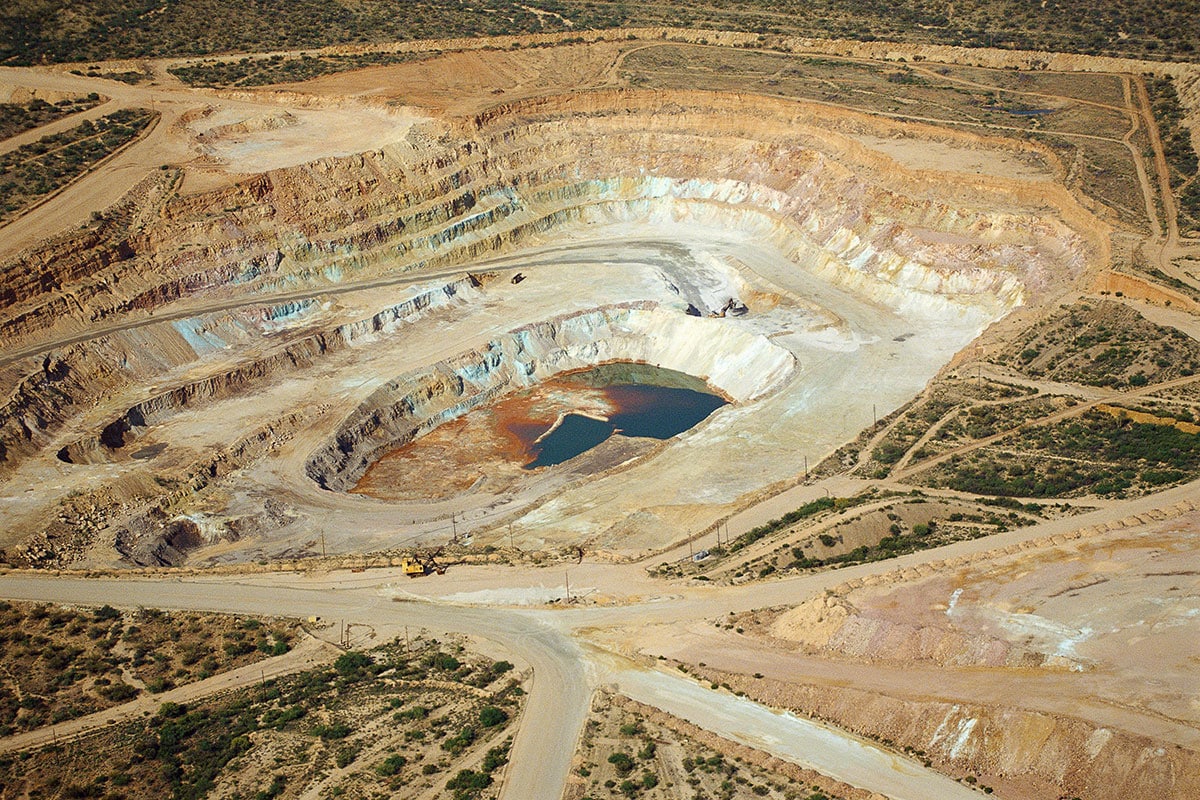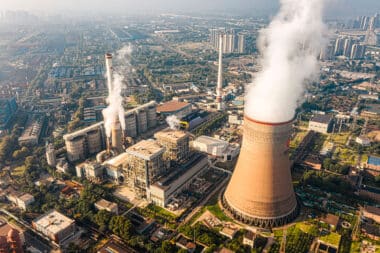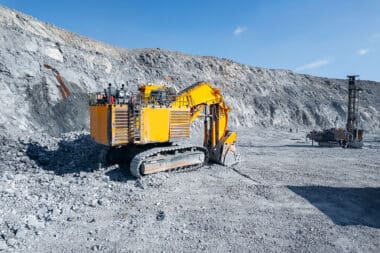A huge uranium deposit has been uncovered in the Ordos Desert of Inner Mongolia, China. With estimates putting the reserve at over 30 million tons of uranium, this find could seriously change China’s energy game and have major ripple effects around the world. As countries everywhere work through energy transitions and tackle climate change, this discovery might shake up China’s own energy plans and its role on the world stage.
How this discovery could reshape global power and trade
Finding such a massive uranium reserve could really change how China plays on the global stage. With the potential to secure its own energy for decades, China might finally cut ties with foreign uranium suppliers. That kind of self-reliance could not only give China a leg up strategically but also position it as a key force in the international uranium market.
Right now, big players like Kazakhstan, Canada, Australia, and Namibia dominate uranium production. This new deposit might shift the balance of supply and demand, possibly tinkering with worldwide uranium prices. Plus, we might see fresh trade deals emerging as nations look to link up with China for their nuclear fuel (think of it as a new level of diplomatic bargaining in energy circles).
Unlocking Alzheimer’s: How New Research Could Change Everything We Know
Advancements in technology and research
Explorers in the Ordos Desert had their work cut out for them, using cutting-edge prospecting technologies to tackle the area’s rough conditions. Known for its brutal weather and challenging landscapes, the desert threw plenty of hurdles at the teams, which they managed to overcome. This isn’t just a win for uranium hunters—it also shows off China’s tech know-how and its drive to secure the resources it needs for future energy projects.
China’s energy game plan
Part of China’s forward-thinking energy plan involves building 11 new nuclear reactors, showing just how big a role nuclear power will play down the road. By moving away from fossil fuels, China is trying to set itself up for a more secure, sustainable energy future. Uranium is at the heart of this strategy, helping to fuel the expansion of nuclear energy capacity.
This move fits into a broader push where China is also leading the way in renewable energy sectors like solar and wind power while steering towards a lower-carbon economy. Adding uranium into the mix highlights China’s detailed approach to balancing growth with environmental care.
The environmental and social hurdles
Of course, a find like this isn’t without its complications. The delicate ecosystem of the Ordos Desert could suffer if mining isn’t handled with care, which means strict environmental controls need to be in place. Then there’s the issue of radioactive waste management—no small matter and something that needs careful handling to avoid long-term problems.
Water scarcity is another worry in this dry region. Making sure that miners are safe is a top priority, so robust safety measures are a must. How local communities react will largely depend on how transparently and effectively these environmental and social issues are managed.
How this shakes up the global energy scene
The ripple effects of this discovery could be felt far beyond China’s borders, influencing how the global energy scene evolves in the coming decades. As countries work to meet their own energy demands while cutting back on carbon emissions, China’s new uranium reserve might play a big role in easing that transition.
All in all, this isn’t just a one-off event—it marks a significant moment in the changing world of energy. The potential shifts in market dynamics and international influence mean it’ll be worth keeping an eye on how things develop. With China stepping up to navigate both opportunities and challenges, we could be looking at a new chapter defined by innovation and smart strategic moves in tackling some of the planet’s biggest puzzles.








